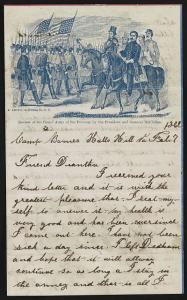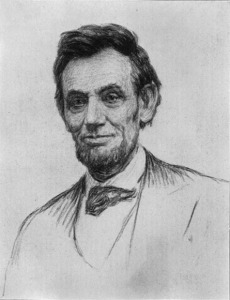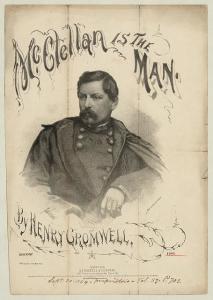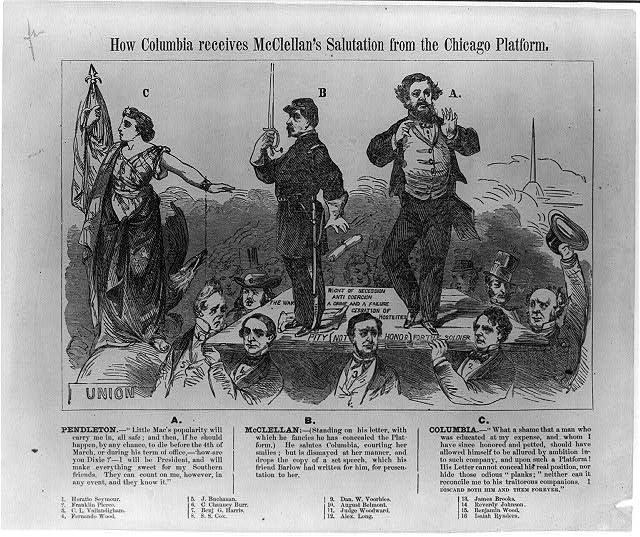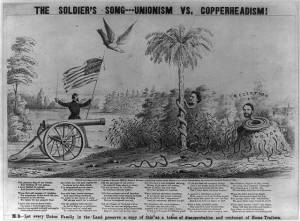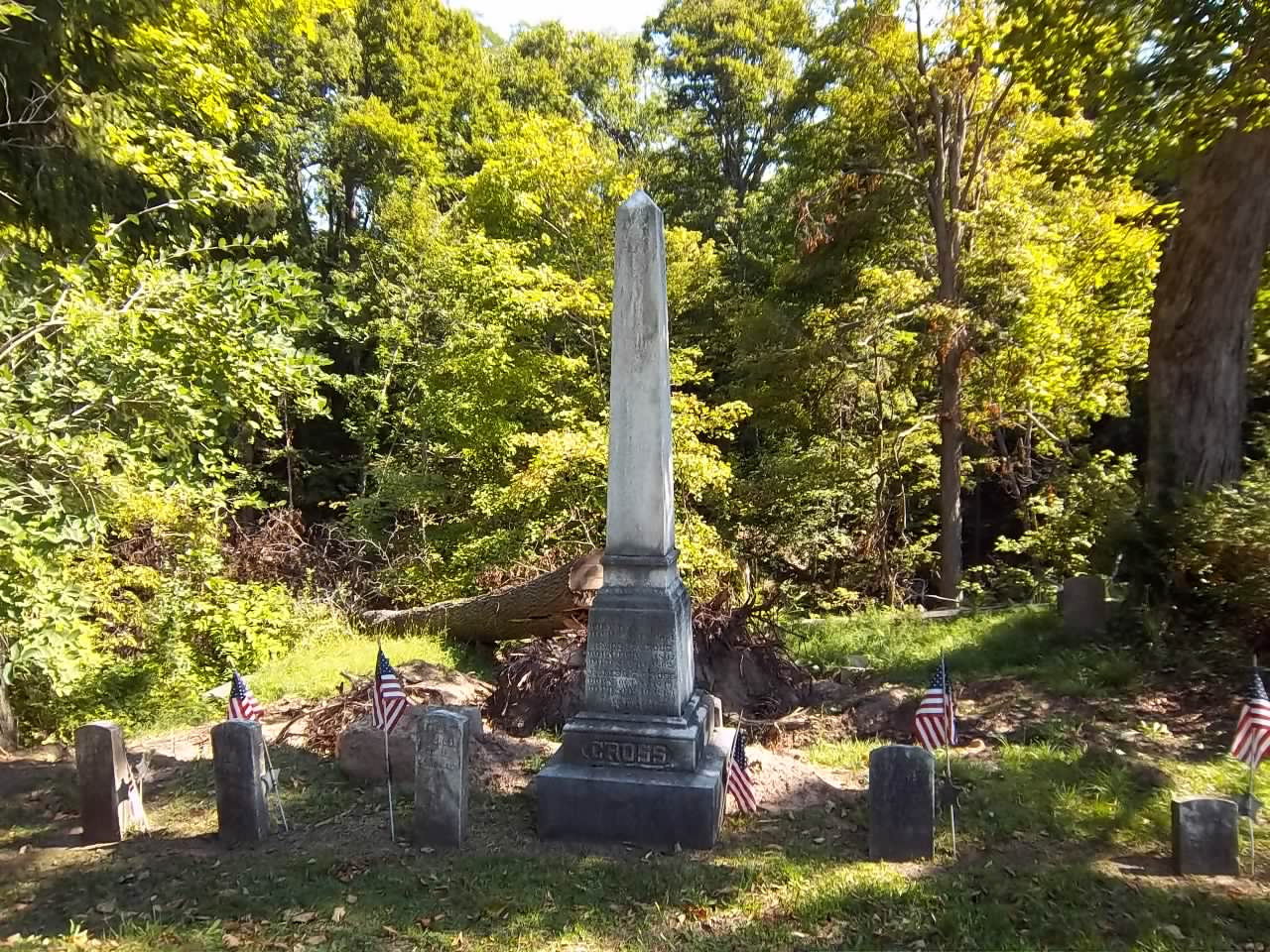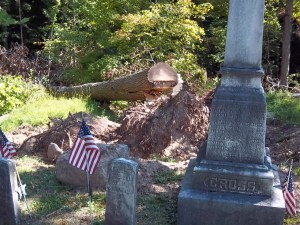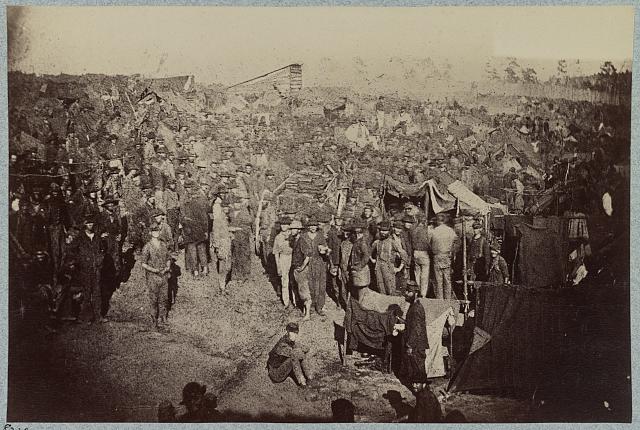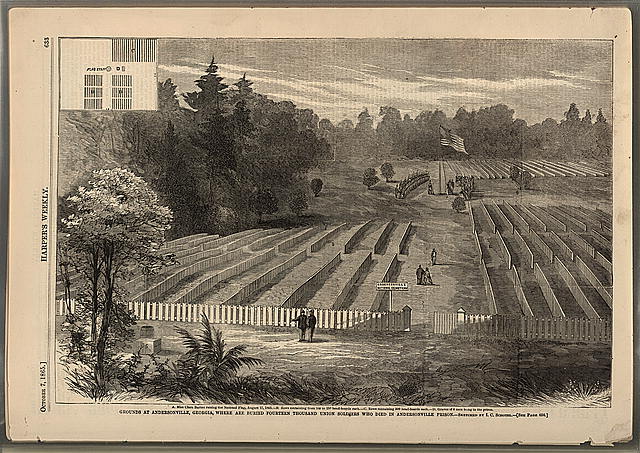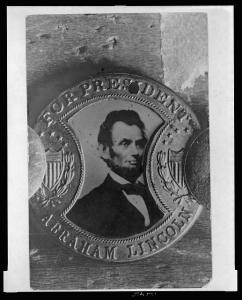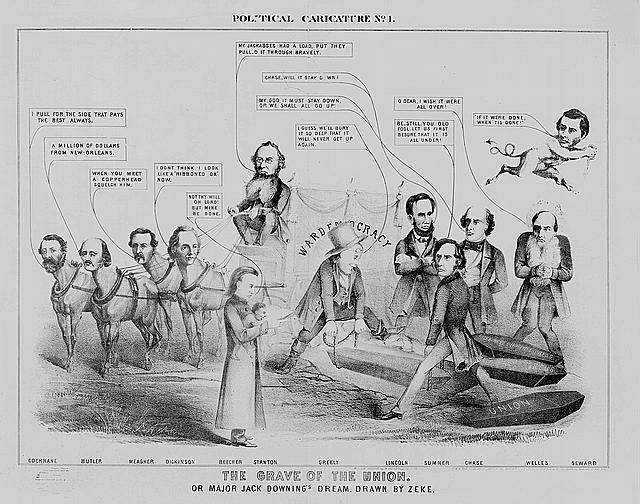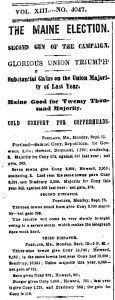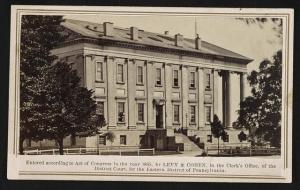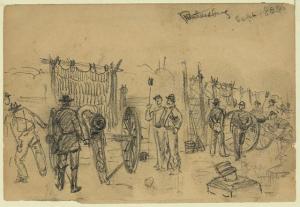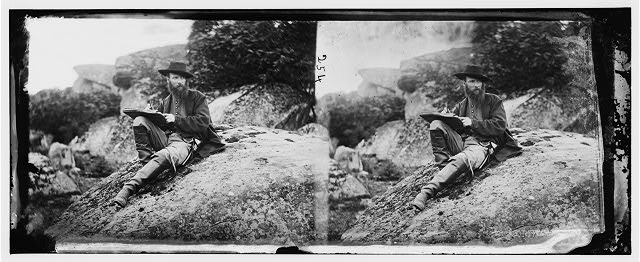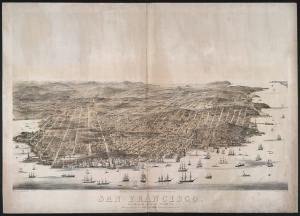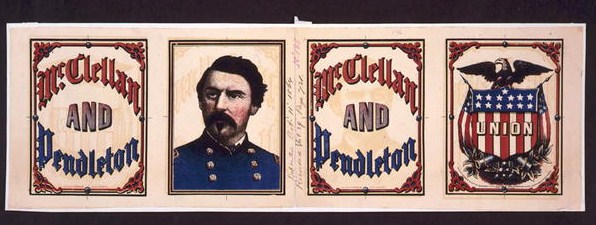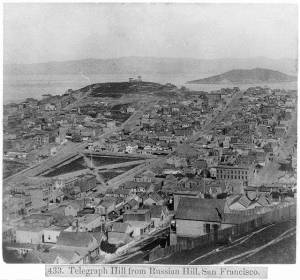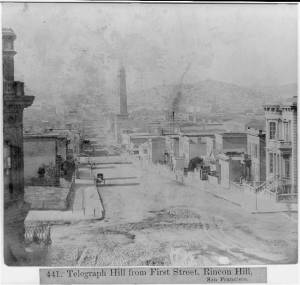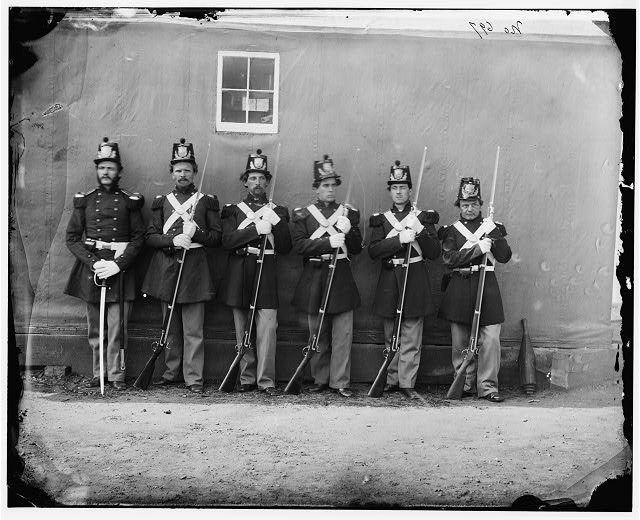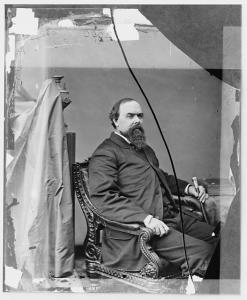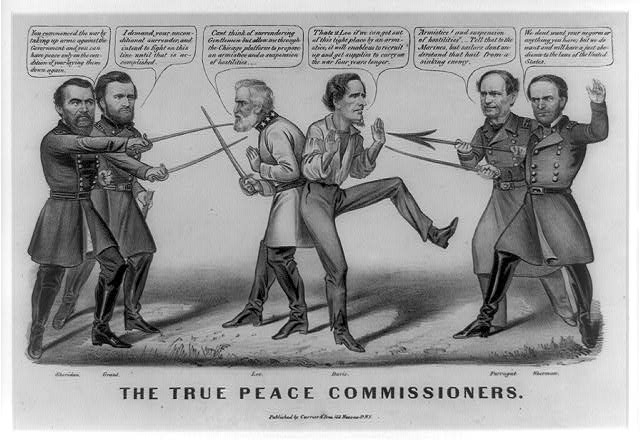Compared to President Lincoln, “none if loyal, can be for the worse”, but General McClellan would make a fine president.
From a Seneca County, New York newspaper in October 1864:
IMPORTANT LETTER FROM HON – REVERDY JOHNSON –
MCCLELLAN THE HOPE OF THE NATION.
WASHINGTON, Sept. 19.
Washington was electrified last Monday, by the publication of the following letter from Senator Reverdy Johnson, of Maryland, who was elected by his State Legislature opposed to the Democratic party, and who in the senate acted not unfrequently with the Republican portion of that body. Let him speak for himself, as the oldest Senator in Congress:
SARATOGA SPRINGS, Sept. 14.
GENTLEMEN: Your invitation to the meeting to be held in Washington on the 17th inst., to ratify the nomination of McClellan and Pendleton, is but just received.
It will be out of my power to be with you, my stay here for some days longer being unavoidable. Opposed as I was to the original election of Mr. Lincoln to the station he now occupies, from a conviction of his being unequal to his duties, the manner in which he has met them, has but confirmed me in that opinion. With more than two millions of soldiers placed in his hands, and an unlimited amount of treasure, his policy and his manner of using his power, instead of putting the rebellion down and bringing to our ranks the thousands of Union men who were then in each of the seceded States, and who, in some, are believed to out number the rebels, have but served the double purpose of uniting them against us and of dividing the public opinion of the loyal States. The effect of course is that notwithstanding the gallant deeds of our army and navy, and the manifest justice of our cause, the Union is even more effectually broken now than it was when his administration commenced.
Whatever of honesty of purpose may belong to him, and I am willing to admit that he has had it, his vascillating, his policy, now conservative, now radical, his selection of military officers grossly incompetent, his treatment of those who were evidently competent, his yielding in this to what he has himself been often heard to say as an excuse, was “outside pressure,” his not only punished, but as far as the public know, unrebuked the vandal excesses of military officers of his special selection, shocking the sentiment of the world, and disgracing us in the view of all christendom by the burning of private dwellings, and depriving their often exclusively female occupants of home and means of livelihood – all demonstrate that he is grossly incompetent to govern the country in this crisis of its fate.
How can an honorable man believe that one who has so signally failed for almost four entire years, can be successful if another four years be granted him? No one in Congress certainly. Not twenty members believe him equal to the mighty task. He has been tried and found wanting. Let us have a change; none if loyal, can be for the worse. It is not that we wish to use his own classic figures to swap horses in the midst of a stream, but when we are on a journey and safety depends at making our destination at the earliest moment, we should cast aside a spavined and thin horse, and secure a sound and active one.
In General McClellan we are furnished – in the history of his life, in the purity of his character, his refinements, his attainments, civil and military, and, above all, in his perfect loyalty – every assurance that, under his executive guidance, the war, now so exhaustive of treasure and blood, will be soon brought to a triumphant termination and this Union, which, “at all hazards,” he will never agree to surrender, will be restored. With regards,
Your obedient servant,
REVERDY JOHNSON
__________________________________________________________
According to the Library of Congress the following political cartoon pictures Reverdy Johnson in the back row, helping to support the McClellan – Pendleton ticket and the Chicago platform:

